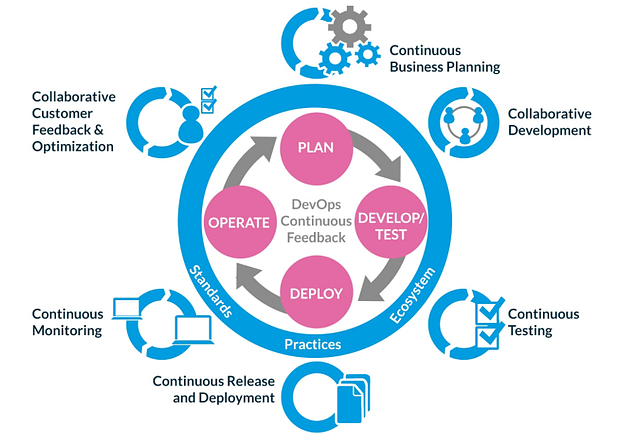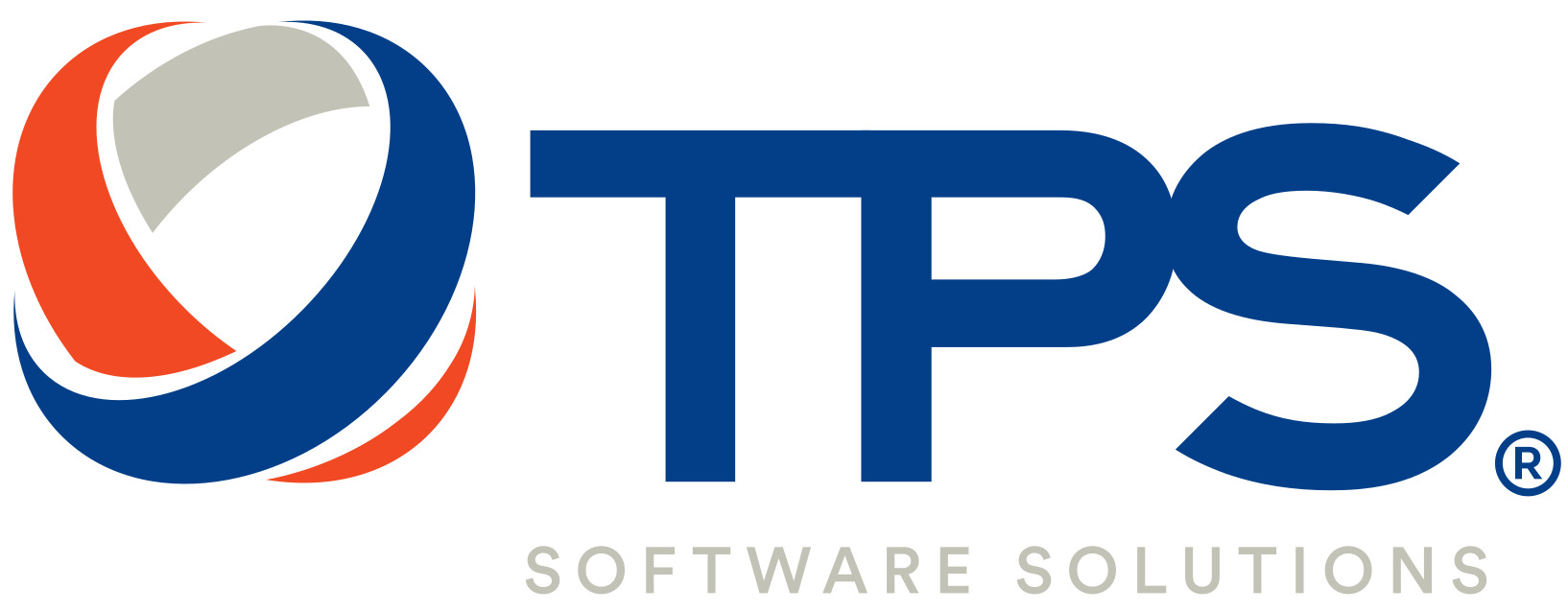Introduction
By leveraging tools that facilitate seamless integration between software development and operations teams, the application development process becomes harmonized, expedited, and automated. This, in turn, contributes to elevated security and dependability of applications.
Nevertheless, the endeavor to introduce DevOps practices into the operational framework of corporations necessitates embracing new toolsets, potentially catalyzing substantial shifts in both culture and mindset. Hence, prior to embarking on these transformative changes, organizational leaders must meticulously weigh various considerations.
To gain deeper insights into effectuating DevOps for your business, delve into the comprehensive insights provided in this article by TPS Software.
What is DevOps methodology?
The term DevOps originates from the combination of Development and Operations. In the very name, we see a fusion of development and operations teams.
Therefore, the DevOps methodology is a set of practices aimed at achieving consistency between the product development team and the operations team. For the purpose of promotion, integration, distribution, and deployment. In this way, the company’s infrastructure will be improved.
The result of this harmony across domains is application security and reliability, increasing application execution speed, meeting deadlines, and reducing errors. This approach benefits the company and customers reduces internal conflicts, and brings a better experience for the end user.
It can be said that DevOps is the key to ensuring the agility and automation of the process along with the benefits of safer, more stable applications. The deployment cycle will be faster, and more automated.
The importance of DevOps to an enterprise
In order for you to understand the importance of DevOps to an enterprise, the first thing you need to do is to analyze the characteristics of each specific area.
Let’s start with the department which is responsible for developing applications based on the company’s needs. This department will include programmers, software architects, and others. The operations team is responsible for maintaining the stability and normal operation of the system, including specialists known as Sysadmins (system administrators).
So while the goal of the development team is to drive changes in the application, the focus of the operations team is to minimize the impact of the changes, maintaining the stability of the system.
The operations team needs to maintain the stability of the system even when there is a need to implement new features built by the development team.
Therefore, it can be seen that DevOps is an amazing solution that allows both teams to understand that they are part of the same business, with the same working goals. This way the focus of the teams is removed, streamlining the entire process so that the work gets done better.

How to apply DevOps to your business?
So now, you realize how important DevOps is to a company/enterprise. Next, we will find out how to apply it effectively to your business
To be able to do that, you need to make a series of changes in your company’s culture based on these tips:
Team monitoring and integration
The entire software development cycle must be done in an integrated way, eliminating any trace of team isolation. Therefore, everyone’s interaction must be solid, allowing all experts to know about the overall status of the project.
This way, the exchange of information will be smoother and experts can also contribute equally to decisions. In addition, process consistency is essential.
Furthermore, there must be adequate oversight of all activities performed, seeking to ensure performance and integration between teams and processes.
Performance Measurement
Accurate measurement of performance metrics is crucial for any company. You won’t be able to achieve your goals if you don’t know exactly where you are and where you should go. Therefore, let’s analyze different indicators like; duration of the application development lifecycle, frequency of deployment, rollback, uptime and downtime, and number of bugs,…
But keep in mind, how you do this performance measurement needs to be focused
Use the right tools
The use of the right tools is key, to allowing DevOps implementations to achieve maximum efficiency. You use tools for versioning, automating processes, orchestrating and data modeling, and more.
There are some options we can suggest for you, which are Github, CVS, and Gitlab. In addition, using Cloud Server and tools like Cerberon, and Puppet,… will also make a difference.
Encourage communication between each team
Communication is vital for integration. So nothing hurts a DevOps culture more than the fear of communication.
Therefore, encourage communication between teams and remove the culture of blaming individuals for mistakes. Instead of blaming, focus on the problem and then find ways to come up with a solution to take preventive measures.
Conclusion
Implementing DevOps methodology will bring a lot of benefits to business. From there, work will be done with greater security and reliability for applications. In addition, it has a positive impact on company results and user experience.
DevOps and Cloud Computing always go hand in hand, so we can hardly see them separately. After all, with the use of Cloud Computing, your application will be highly scalable and not limited in terms of infrastructure. In addition, cloud-hosted applications have greater stability, security, and performance. In this way, with the use of Cloud Computing, all the processes of the teams involved in the development cycle are facilitated, reducing infrastructure constraints and speeding up solution delivery. So, if you want to get the most out of the DevOps culture and other agile practices, contact the TPS Software expert. We are open to talking and giving you the best consulting related to your need
Related article: Case study – AWS Cloud Migration Strategy














